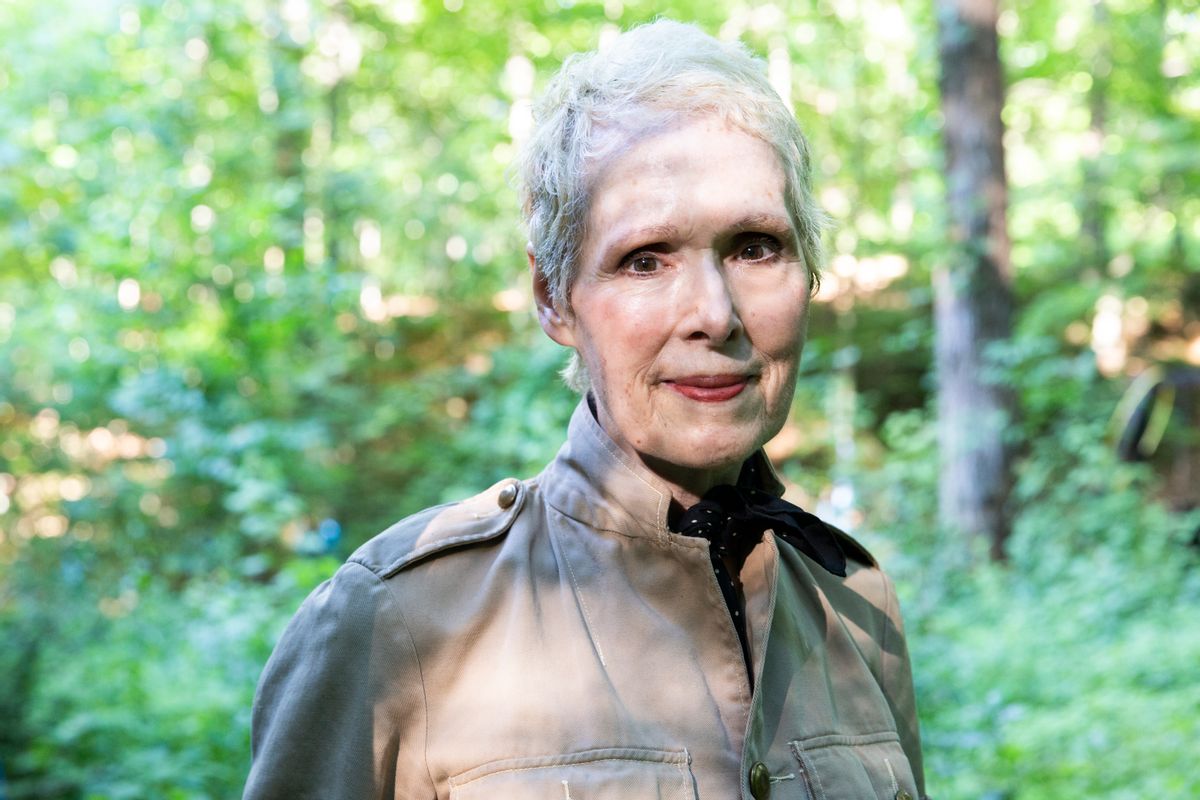A New York judge has rejected President Donald Trump's bid to delay a defamation lawsuit brought by a journalist who accused him of rape, citing the Supreme Court's recent decision on his tax returns.
New York Supreme Court Justice Verna Saunders on Thursday said E. Jean Carroll's lawsuit can go forward rather than wait until an appeals court rules on a similar defamation suit brought by Summer Zervos, a former "Apprentice" contestant who accused Trump of sexual assault.
Carroll, a longtime Elle magazine columnist, alleged last year that Trump raped her in the dressing room of a New York department store in the 1990s.
Trump, who has also denied Zervos' allegation, claimed that he had never met Carroll in the wake of her allegation, even though a photograph shows the two appearing side-by-side. Carroll subsequently sued Trump for defamation.
"We are now eager to move forward with discovery so that we can prove that Donald Trump defamed E Jean Carroll when he lied about her in connection with her brave decision to tell the truth about the fact that Donald Trump had sexually assaulted her," Roberta Kaplan, Carroll's attorney, said in a statement provided to Salon.
Thursday's ruling means that Carroll's attorneys can attempt to seek Trump's DNA, which they requested earlier this year for "analysis and comparison against unidentified male DNA present on the dress" she wore the day of the alleged assault.
Trump's legal team had argued that the case should be put on hold while an appeals court decided in the Zervos case whether state courts should defer cases against the president until he is out of office.
Saunders wrote that the Supreme Court's decision in Trump v. Vance, which rejected Trump's claim of absolute immunity from local criminal investigations while in office after the Manhattan District Attorney's Office sought his tax returns, was "applicable to all state court proceedings in which a sitting president is involved, including those involving his or her unofficial/personal conduct."
Though the Vance "decision permits the issuance of a criminal subpoena to a sitting president, its analysis and conclusions address the same issues and questions raised by defendant in this action," Saunders wrote.
One of the questions, she explained, was "whether the supremacy clause of the Constitution bars a state court from exercising jurisdiction over a sitting president of the United States during his term. No, it does not."
Trump attorney Marc Kasowitz had argued that the Supreme Court decision "was limited to the criminal context, and its reasoning does not extend to civil actions."
Carroll's attorney praised the judge's decision.
"We are very gratified that Judge Saunders, recognizing the clear holding of the Supreme Court in Vance, has rejected President Trump's assertion of absolute immunity and has denied his motion to stay E. Jean Carroll's case," Kaplan said.



Shares